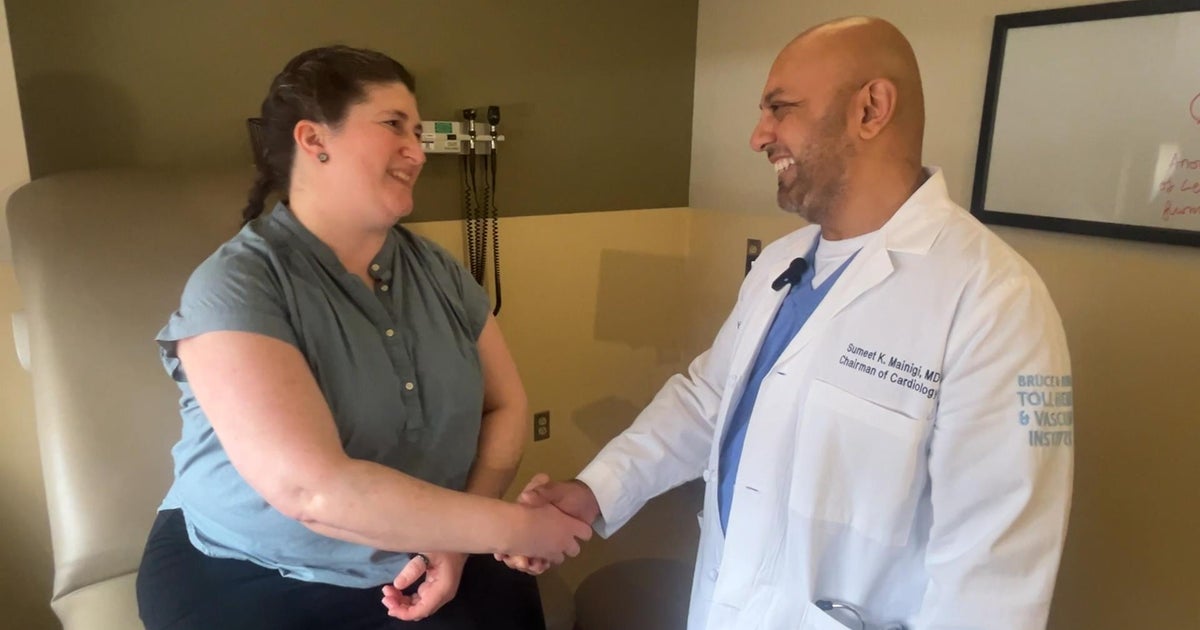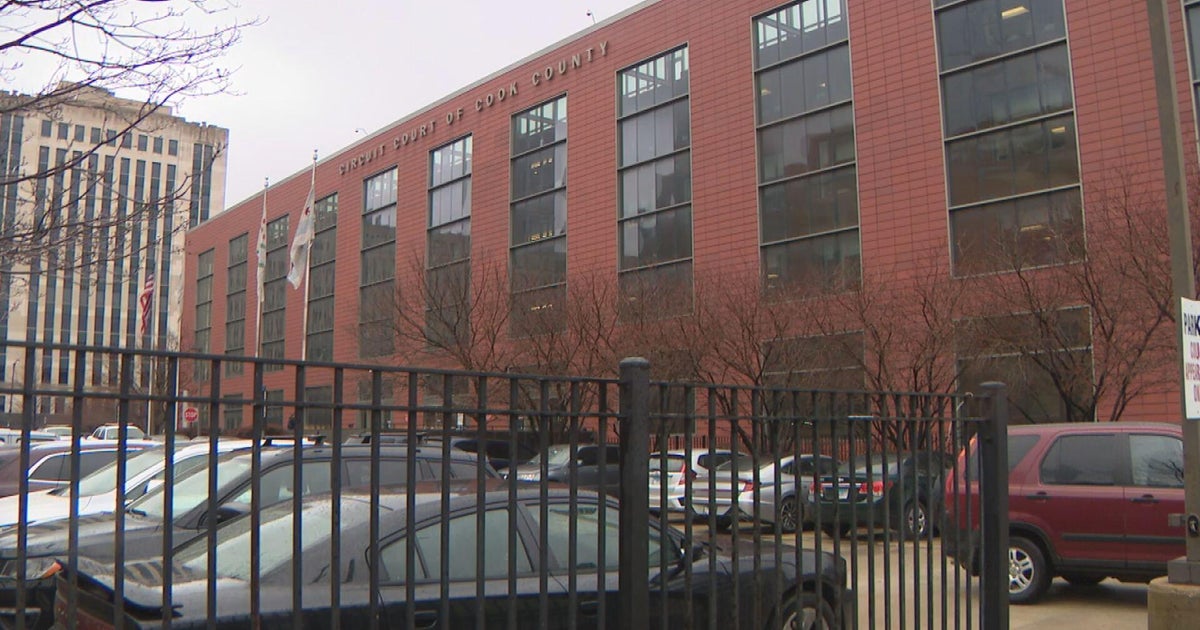Prostate cancer survivor teaching men about importance of getting regular screenings
PHILADELPHIA (CBS) -- We have a renewed warning about people skipping cancer screenings because of the COVID-19 pandemic. Without early detection, cancer deaths can increase.
September is prostate cancer awareness month. Men are being reminded about the importance of screenings. It's a lesson a Philadelphia basketball analyst is sharing with everyone.
Joe Lunardi beat prostate cancer.
Lunardi is known as the bracketologist, analyzing college basketball games.
He says it was right in the middle of a good basketball season that he hear the dreaded words "you have cancer."
"I was 55," Lunardi said. "I didn't know anything about anything medical. You think you're invincible."
His cancer was found with a routine PSA blood test.
"Prostate cancer is the most frequently diagnosed malignancy of men in the United States and the second leading cause of cancer death," Karen Knudsen, with the American Cancer Society said.
Knudsen is the CEO of the American Cancer Society and formerly studied prostate cancer at Thomas Jefferson University.
"There have been a number of discoveries that have happened here in the city that truly allow Philadelphia to correctly claim itself as a standout for cancer discovery associated with prostate cancer," Knudsen said.
While treatment advances for prostate cancer are encouraging, racial disparities persist.
"Black men in this country and in Philadelphia have two times the mortality rate as compared for example with their white counterparts," Knudsen said.
The racial divide is partly blamed on genetics beyond the cause. Early detection remains the best prevention.
"Thankfully it's a kind of cancer where they use the word cure," Lunardi said.
He had robotic surgery to remove his prostate and now six years later he's cancer free.
Lunardi is now a volunteer with the American Cancer Society, telling men about the importance of regular screenings with a PSA test and a doctor's exam.
They're recommended for men 50 and over and earlier for those at higher risk. Click here for more information.







